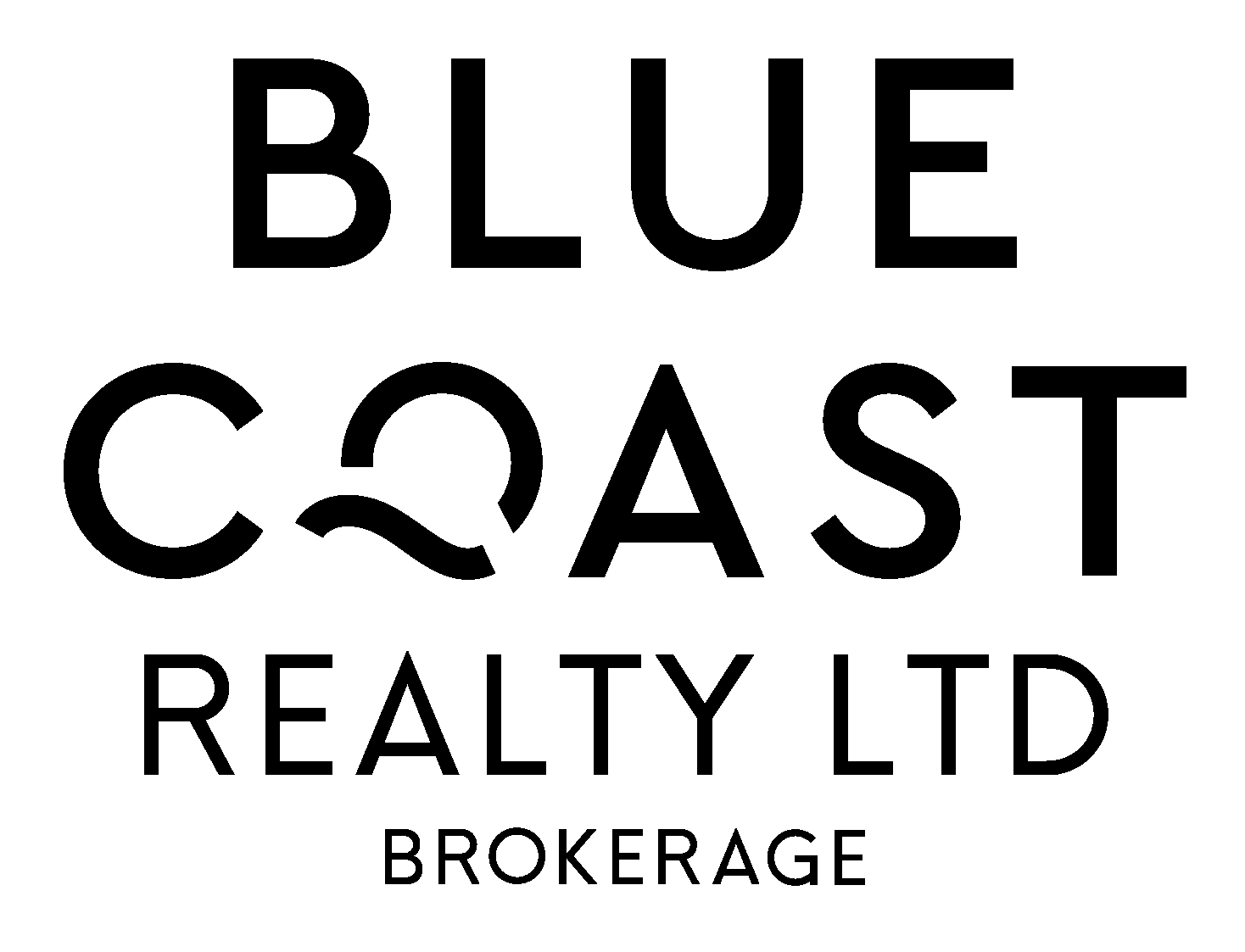
Are you renting and feel it's time for a change? Do you want to take the first steps of the wealth-building journey? Is it time for you to stop renting and start building the future of your dreams by investing in a home?
Today, we would like to present a case in favour of why you should Stop Renting and Start Building Wealth with a Home.
OK so first of all, we don’t want to say that every renting experience is bad. Sometimes you get an exceptionally nice view, you may have nice neighbours, and maybe if you have a great location it can really be pleasant.
If you’re renting from someone, you’re not building equity in your own home, and so you’re limiting the wealth you’re trying to build, while your money is going into someone else’s pocket.
For those of us who have been apartment renters, you might recall shared spaces that stink of cigarette smoke and marijuana mixed with weird cooking, obnoxious neighbours jumping up and down in the late hours of the night, poor lighting, questionable appliances and landlords who really just don’t seem to care.
If this stings and sounds all too familiar, I feel for you. Most of us have actually experienced this before. But too few realize that home buying is an option and it doesn’t take as much as most people expect.
How do you feel about your rent prices? If you’re tired of high rent prices that’s a strong sign that you’re ready to buy. Every year it seems like prices are going up for renters, and the whole situation with COVID-19 is going to lead to rental prices going even higher. This can leave people feeling hopeless.
But first-time homebuyers only need to put 5% down on a home. So if you have a home in Sarnia that you’d like to purchase for say $350,000 that means that you might only have to put down around $20,000. With a dedication to saving and maybe a little bit of help from family and friends this is very doable for most people, and if you’re willing to rent out a portion of your property, say renting the basement to a renter, you can make living there extremely affordable.
When you do decide that you are ready to buy a home you have to make sure that you can afford the extra costs of homeownership; you’ll have to take care of property taxes, maintenance and insurance, and other issues that arise.
I think for first-time homebuyers it’s really smart to make use of renting out a portion of the house if possible, especially if you have an average paying job, and not earning big bucks.
No matter what, whether renting or buying, your home is gonna be one of the biggest expenses that you will pay month-to-month, year-to-year, so if you rent out a portion of your house say, your basement for $750-$1000 bucks a month, then you might even be able to have your entire mortgage paid off by someone else.
This would allow you to do things like investing even a little bit of extra money to gain compound interest over time. This way you build wealth not only in your equity but also with investments.
So maybe I’ve got some of the juices flowing, you might have some ideas going to your brain about how homeownership could work for you. So what immediate things should you start to do?
Well, first you’ll need to start saving your money. It may take a few years for you to be able to save up enough for a down payment, but if you can get some extra help funding your down payment this can help speed up the process.
You’ll also want to make sure that you have a good credit score. If you have bad credit, homes that might’ve been available to you with good credit might become out of your reach. Start by becoming obsessive about making credit payments on time.
You can check out free credit reports from places like Borrowell which give you an idea of what your credit score is for free on a monthly or weekly basis. This constant feedback helps to make sure you’re on the right track.
If you miss a payment, your credit score will take a significant drop. This is why becoming very mindful of your credit situation and your spending is essential for you to be able to build up enough credit, which ideally should be 680 or above to buy a home. The higher credit, the better.
You should talk with a financial lender and see how much you can get pre-approved for. And speak with a Realtor who’ll send you any relevant listings your way.
It isn't always easy buying a home, and it may seem out of reach for a lot of people. But talking to professionals who can give you great advice at no cost is a smart move you can make today.

